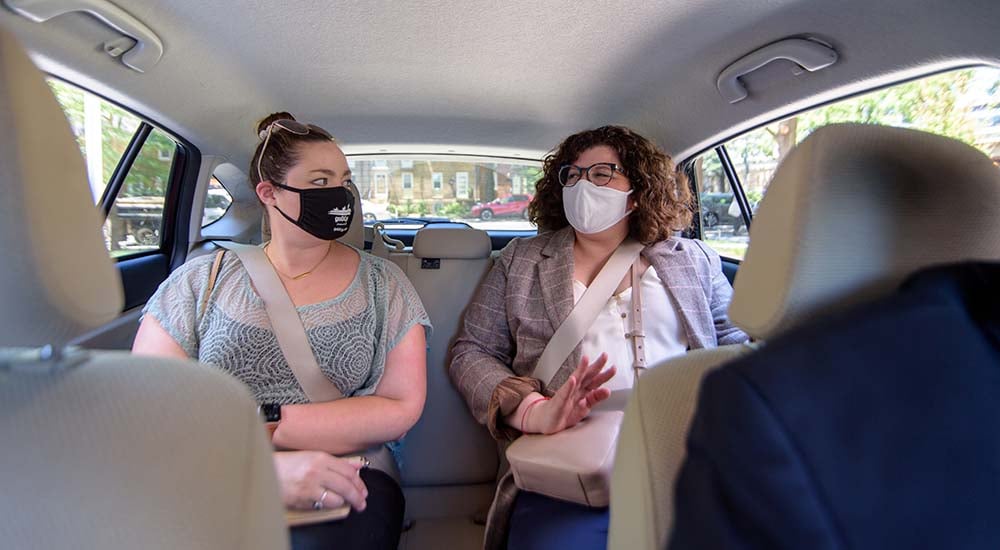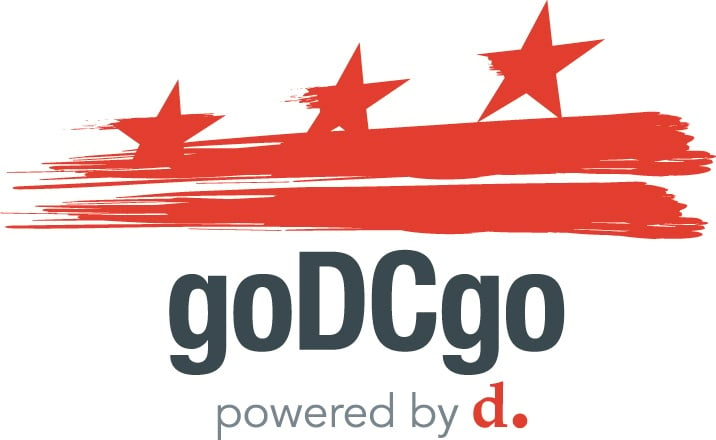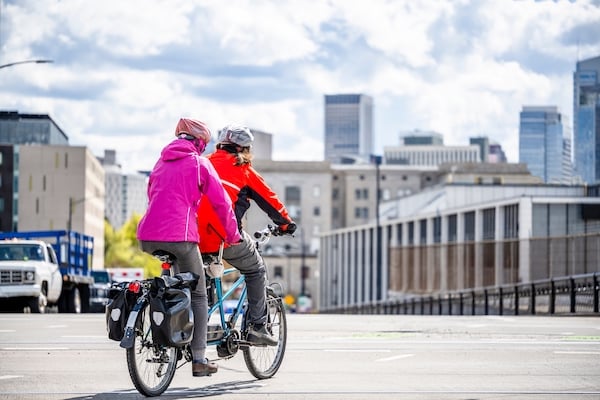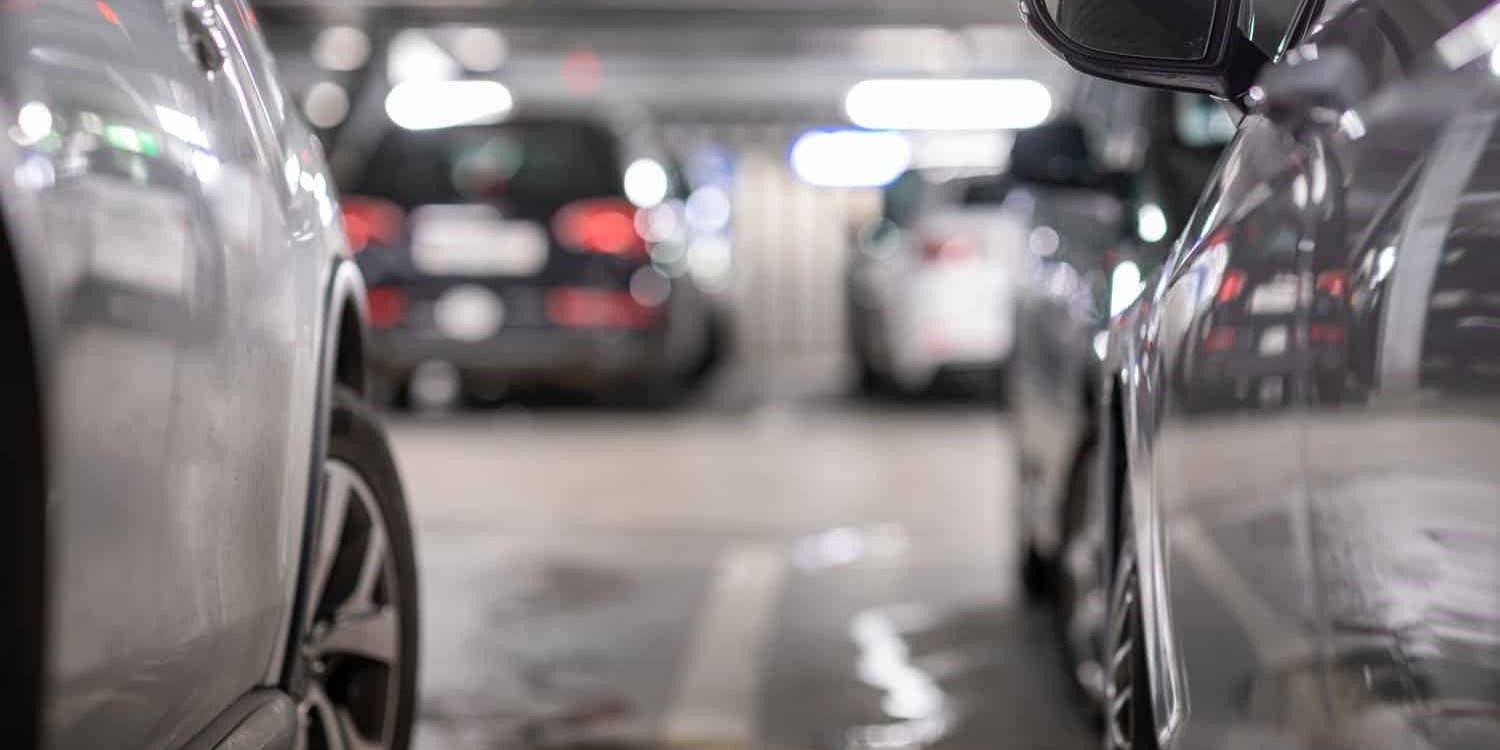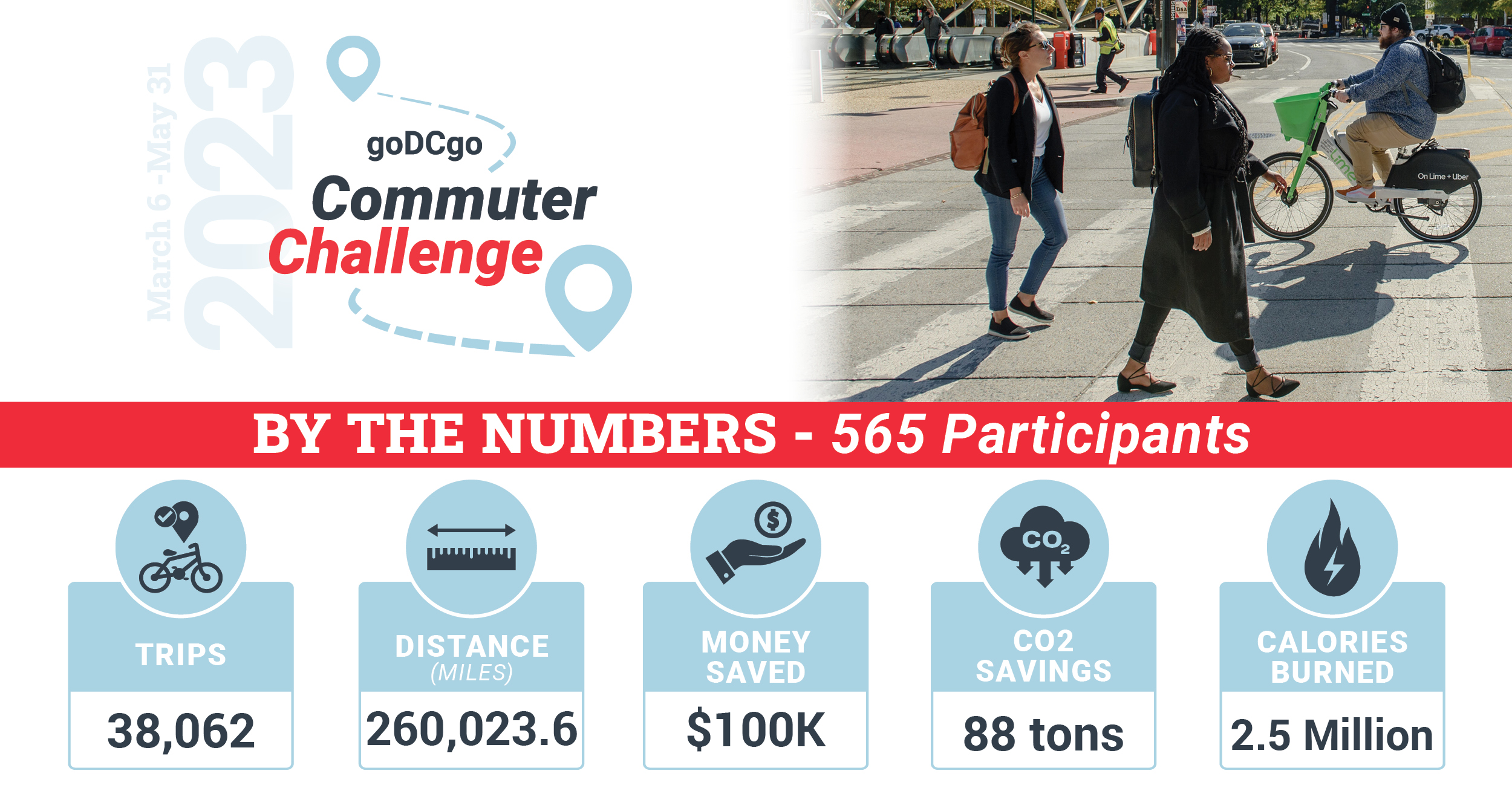The District of Columbia has officially re-opened and many organizations and businesses are planning their transition back to the physical worksite. As more employees return to their regular commute, there are many ways that you can help increase their confidence in using public transit again.
While employees are planning their trips to work, they may have questions about reinstating their pre-tax benefits or subsidies for transit or vanpools. Additionally, over the past year, we've received some questions related to DC Commuter Benefits Law compliance that we've addressed below in order to help you meet those requirements.
Complying with the DC Commuter Benefits Law
During the pandemic, goDCgo and the Department of Employment Services (DOES) have received lots of questions regarding compliance with the DC Commuter Benefits Law. Please review the FAQs below.
Do employers with 20 or more employees that work remotely need to offer commuter benefits?
Yes. At this time, no changes have been made to the DC Commuter Benefits Law, so employers with 20 or more DC employees are still required to comply.
If I offer my employees a subsidy to take Lyft or Uber, does that make me compliant?
No. In order to comply, you must offer at least one of the following options:
- Employee-paid, pre-tax benefit (most popular): Allows employees to deduct up to $270/month, pre-tax, from their paychecks that can be used on buses, Metro, commuter rail, and vanpools.
- Employer-paid, direct benefit: Provides a transit subsidy of your choosing, up to $270/month, to offset the monthly cost of commuting.
- Employer-provided transportation: Option to provide shuttle service to/from nearby transit or provide vanpool service at no cost to employees.
It's also important to note that providing free, subsidized, or pre-tax parking alone does NOT make your organization compliant.
If I offer telework to my employees, can that be an alternative to the compliance options required by the law?
No. The DC Commuter Benefits Law does not allow any substitutions or alternatives for the current commuter benefits options. Employers with 20 or more DC-based employees must still offer commuter benefit options to their employees as written in the law.
If you have additional questions regarding compliance, contact info@goDCgo.com for assistance.
WMATA SmartBenefits
SmartBenefits® is a FREE commuter benefits program for employers to allow employees to commute tax-free in DC, Northern Virginia, and Southern Maryland. DC employers with 20+ employees can use SmartBenefits to comply with the DC Commuter Benefits Law and avoid fines.
Most public sector employers left their employees’ SmartBenefits unchanged during the pandemic. So, it should be business as usual for those employees, unless they have a first-generation SmarTrip card, meaning it was purchased in 2012 or earlier. All employees, whether public or private sector, must replace their first-generation cards as they will no longer work with the new Metrorail faregates currently being installed. Learn more about SmarTrip card replacement.
Meanwhile, many private-sector employees have rollover benefits that they put on hold at some point over the past 18 months. Once they re-start their commutes, any unused benefits will automatically be loaded as a lump sum to their SmarTrip cards.
Using Public Transit to Return to Work
Everyone needs to do their part to keep our community healthy and safe as we make our way toward pandemic recovery. Share the District's commitment to help your employees commute with care and ride public transportation with confidence.
WMATA
See how WMATA is doing its part to keep riders safely moving through the Metrorail and Metrobus systems:
- Face masks/coverings continue to be required. If you need a mask, check with the station manager to see if any courtesy masks are available.
- Hand sanitizing stations can be found throughout the system.
- All vehicles and trains are disinfected daily with hospital grade cleaner.
- New air filtration systems have been installed on buses, trains, and in stations to circulate fresh air from the outside every 3 minutes.
- Crowd tracking on trains and buses is available through WMATA's website and participating smartphone apps.
DC Circulator
See how DC Circulator has made your ride their priority to help commuters stay safe onboard:
- Face masks continue to be required.
- Enhanced cleaning protocols to ensure that all 72 buses are properly deep cleaned and disinfected every night.
- Installed bus driver shields and require all drivers to wear a face mask or covering.
- Six feet social distance markers and signage all around the bus to encourage riders to allow space between each other.
Transit Service Updates
In addition to safety protocols, the District's transit providers have made a number of updates to improve service operations. DC Circulator recently launched BusTime -- a new, real-time bus tracker that tells you where your vehicle is right now and when it will arrive at your stop, so you won't miss your next bus ride. BusTime is available online and via mobile app.
Metro is giving you more reasons to ride as the region resumes school, leisure activities, and returns to workplaces. As of September 5, Metro has added more buses and trains, lowered prices, and extended Metrorail’s operating hours on weekends.
Metrorail
- More trains: On weekdays, customers can expect to wait no more than 3-6 minutes for a train at any station served by multiple lines and on the Red Line, all-day until 9:30pm. On weekends, trains will arrive every 5-8 minutes at any station served by multiple lines and every 10 minutes on the Red Line.
- Late-night service: More trains will run every hour after 9:30pm, arriving every 5-8 minutes at any station served by multiple lines and every 10 minutes on the Red Line. On weekdays, service ends at midnight. On Fridays and Saturdays, operating hours extend to 1am.
- Earlier opening: On Sundays, Metrorail will open at 7am instead of 8am.
Metrobus
- More buses: On 36 of the most popular routes, riders will see more buses, more often between 7am to 9pm, seven days a week; 20 bus lines will operate every 12 minutes or better; 16 bus lines will operate every 20 minutes or better.
Fare Payments
- Lower fares: On weekends, flat fare of $2 for a one-way trip on Metrorail.
- Bus transfers: Free bus transfers to/from the Metrorail on all routes except Express service.
- Bus passes: Lower 7-day Regional Bus Pass price from $15 to $12; $6 for seniors/disabled customers.
Faregate Replacement Project
Next generation Metro faregates have arrived! The modern, stainless steel faregates are currently being installed systemwide in all 91 existing and 6 new stations. Stations will remain open to customers during the faregate replacement process.
The new faregates will open faster; have larger, easier-to-read displays and brighter lights; and accept SmarTrip mobile pay. However, they will NOT accept first-generation SmarTrip cards that were produced in 2012 or earlier. Find out if your card needs to be replaced.


